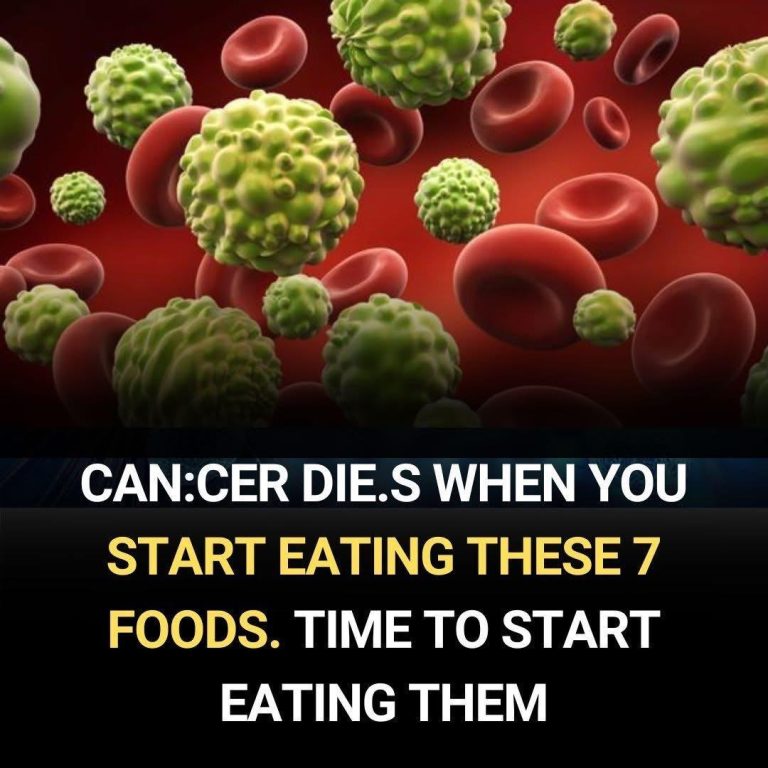ADVERTISEMENT
Turmeric powder on a wooden spoon with fresh whole and sliced root in the background
Source: Shutterstock
This popular, bright orange spice comes from the root of the turmeric plant and is related to the ginger family. There are over one hundred different compounds in turmeric, but the curcumin it contains is the active ingredient that provides most of its benefits [6]. There is some research to show that turmeric may play a role in the prevention of cancer, possibly because it lowers inflammation levels throughout the body.
Inflammation underlies most chronic diseases, including cancer, so decreasing inflammation in your body can help to prevent it. Other studies suggest that including curcumin in chemotherapy treatment may make it more effective [7] and that it may protect healthy cells from damage due to radiation treatment [8].
3. Mushrooms
Wicker tray with variety of raw mushrooms on wooden table
Source: Shuttestock
A study of over 36 thousand Japanese men over several decades has suggested that eating mushrooms can lower the risk of developing prostate cancer, especially for men over the age of 50 [9]. Mushrooms are a good source of vitamins, minerals, and antioxidants, in particular L-ergothioneine, which is believed to mitigate oxidative stress. Oxidative stress is caused by poor diet and lifestyle choices, as well as environmental toxins, that can lead to chronic inflammation and disease [9].
×
Another study also found that consuming mushrooms had a preventative effect on breast cancer in women [10]. Medicinal mushrooms, which usually refer to more exotic, specialty mushrooms, have also shown promise in preventing cancer, again because of their glutathione, ergothioneine, and polysaccharide content [11].
Examples of these kinds of mushrooms include reishi, turkey tail, shiitake, and maitake varieties. Studies have found that these fungi affect your body’s antitumor mechanisms, by stimulating certain immune cells [12]. Turkey Tail is particularly notable and contains a unique polysaccharide known as PK (polysaccharide K), a known cancer adjunct therapy for the immune system [21].
Read More: The Best Foods to Include In Your Diet to Help Reduce Skin Cancer Risk
4. Allium Vegetables
ADVERTISEMENT
